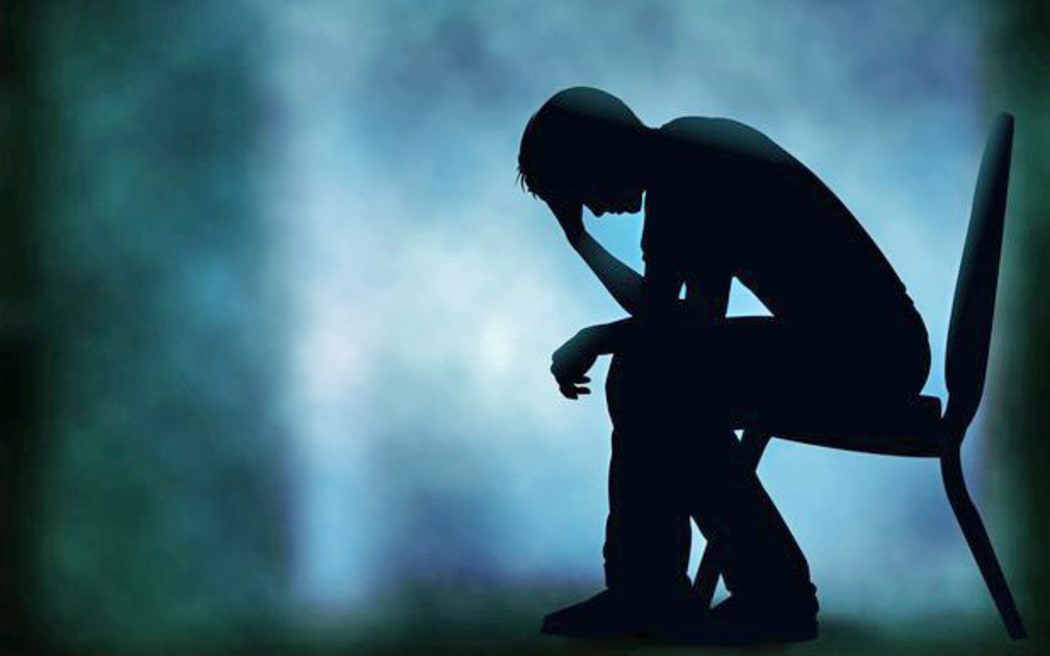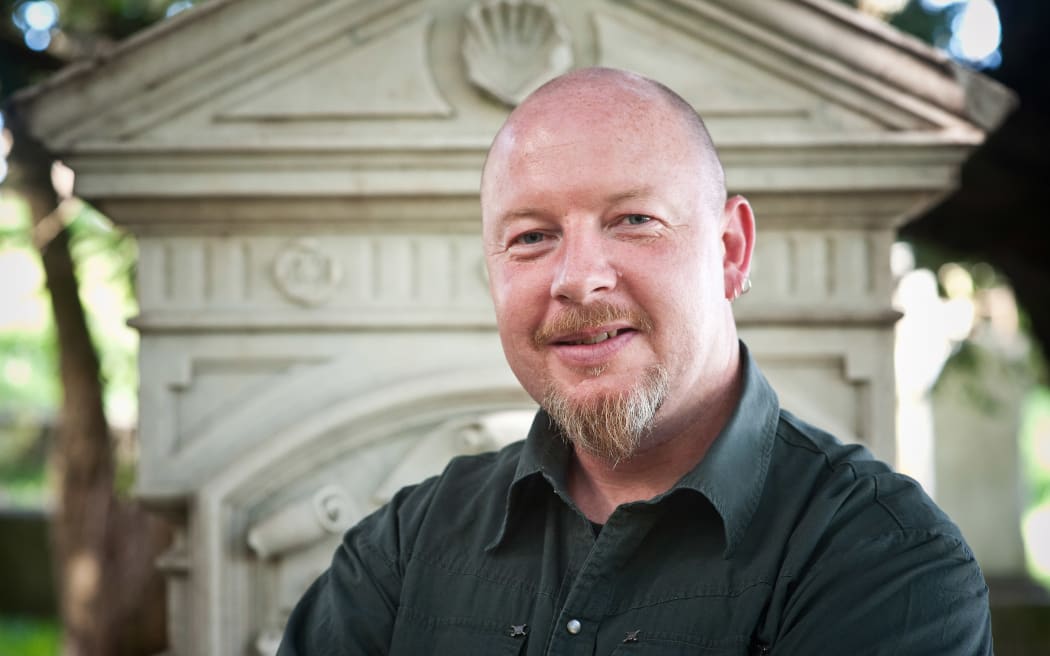Everyone is different.

Photo: Unknown
A study of young men's experiences of suicide bereavement has found coping in silence can be a positive mechanism.
Over a year, Victoria University lecturer Dr Chris Bowden interviewed eight men from different cultural and socioeconomic backgrounds aged between 17 and 25. Some had lost two friends to suicide within weeks.
He spoke with them many times, including while they worked on cars, cooked at barbeques, watched burnouts and played video games.
He found all were unable to initially describe their experiences of losing friends to suicide, and tried to suppress their emotions.
But over time, that silence matured.
“We tend to see emotional expression as being healthy, and of course that’s something that women are told to do from an early age - to talk about their emotions and feelings - and so we see men who don’t do that as being unhealthy,” Bowden said.
“But in actual fact, what these men did enabled them to cope and adapt at the time. So in some ways, engaging in that emotional regulation helped them keep safe and in control, and eventually they found ways to vocally express what was going on for them.
“In some ways this silence is healthy, in others it isn’t.”
For all of the men interviewed, silence was the key aspect of how they coped. For some, that silence persisted in certain ways for years.
“They didn’t know how to talk about what had happened, despite people often asking how they felt. They didn’t have any words to describe what they were going through,” said Dr Bowden.
“But for some, by choosing to keep quiet they were able to restrict their emotions, keep in control and protect others around them. Many were also really worried about appearing vulnerable and weak in front of others.”

Dr Chris Bowden. Photo: Supplied
Opening up took time.
“What happened for these young men was they eventually did find people to talk and relate to once they felt comfortable doing so. These people were non-judgmental and were there just to listen and provide emotional support,” he said.
“These were often other young people who had experienced some form of loss or adversity, but it also became family members and other men - even their boss at work.”
Dr Bowden, who works in Vic’s School of Education and has a PhD in health, decided to undertake the study because of the lack of knowledge about how young men deal with suicide bereavement.
There were 606 suicides in the past recorded year (2016-17). Three quarters - 457 - were male.
“Those men leave behind many brothers, fathers and friends. We know very little about what support is there for them, and how they themselves want to be supported. Most of the historic research has involved the experiences of women and parents,” he said.
“I want other young men to know they’re not alone in their experiences, and there is hope, and I also want to raise the awareness of the need of gender responsive practices that support men differently.”
His research will help educate health professionals.
Dr Bowden’s study can be found here.
Where to get help:
Need to Talk? Free call or text 1737 any time to speak to a trained counsellor, for any reason.
Lifeline: 0800 543 354
Suicide Crisis Helpline: 0508 828 865 / 0508 TAUTOKO (24/7). This is a service for people who may be thinking about suicide, or those who are concerned about family or friends.
Depression Helpline: 0800 111 757 (24/7)
Samaritans: 0800 726 666 (24/7)
Youthline: 0800 376 633 (24/7) or free text 234 (8am-12am), or email talk@youthline.co.nz
What's Up: online chat (7pm-10pm) or 0800 WHATSUP / 0800 9428 787 children's helpline (1pm-10pm weekdays, 3pm-10pm weekends)
Kidsline (ages 5-18): 0800 543 754 (24/7)
Rural Support Trust Helpline: 0800 787 254
Healthline: 0800 611 116
Rainbow Youth: (09) 376 4155
If it is an emergency and you feel like you or someone else is at risk, call 111.


